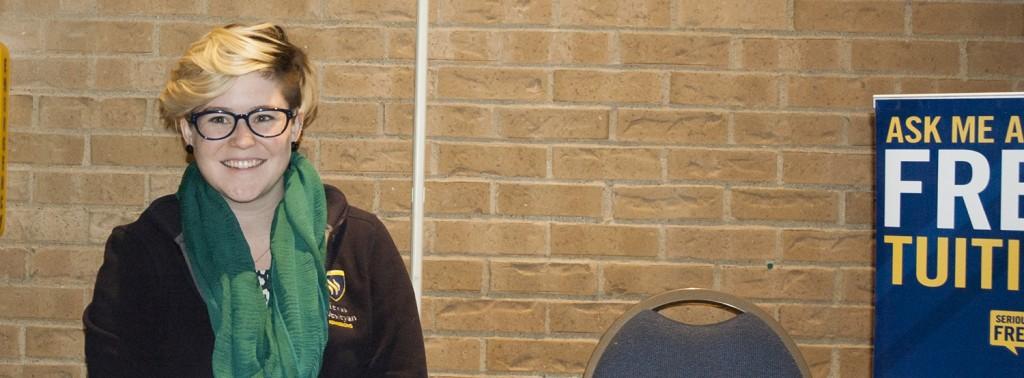By Lariza Moreno/reporter
NW Campus invites students, faculty and staff to celebrate and study the human brain.
March is Brain Awareness Month, and NW will hold a three-day conference called Awakenings March 24-26 in WSTU 1303.
Tony Roberts, NW philosophy and world religions professor, will present brain-based teaching and learning strategies, topics in neurological research, hands-on learning, hope and healing exercises.

“If you know how the brain works, then you can be more successful in learning and studying for tests,” he said.
With this knowledge, professors can interact with students in ways that complement more directly how a student’s brain works.
“It’s sort of if you know how your car works, you can help it perform better,” he said.
March 24 features the documentary Alive Inside at 9:30 a.m. and 2 p.m. on the power of music to awaken patients with advanced dementia and Alzheimer’s disease.
On March 25 at 9:30 a.m., a brain injury rehabilitation team from Harris Methodist Hospital and a brain injury survivor will walk through his real-life trauma and the symptoms of brain injury.
On March 26 at 9:30 a.m., Roberts features Panke and Leary’s 1963 experiment with ministerial students and explains what it suggests about creativity, religious experience and the fragile nature of consciousness.
“The brain is more than a learning machine. It is the seat of the soul, the birthplace of music and dance, literature and law, science and technology, self and society,” Roberts said.
The conference features a two-day interactive showcase March 25-26 called Mindspace for students and faculty research, experiential presentations and experiments, visual arts, music and community services.
Learning and the brain is an activity for students and faculty as a guide to incorporate brain-based learning strategies in the classroom. Activities for students begin at 12:30 p.m. and those for faculty begin at 2 p.m.
Biology professor Lynn Preston hopes students learn a little about learning.
“I hope they leave this conference understanding the mechanics and the physiology behind how we learn, how we remember, how cognition occurs,” she said.
The mornings are for students, faculty and the community. The afternoon times are for professional development.
For more information, contact Roberts by email at tony.roberts@tccd.edu.



















